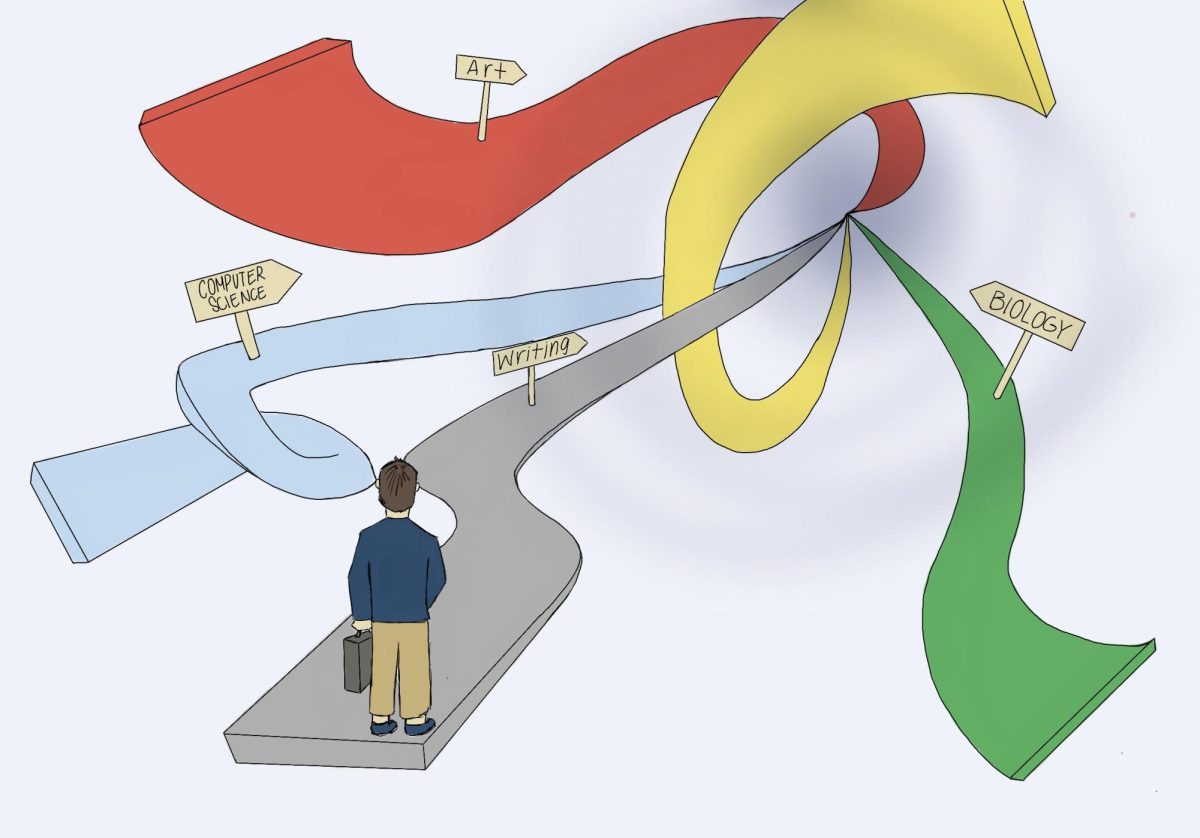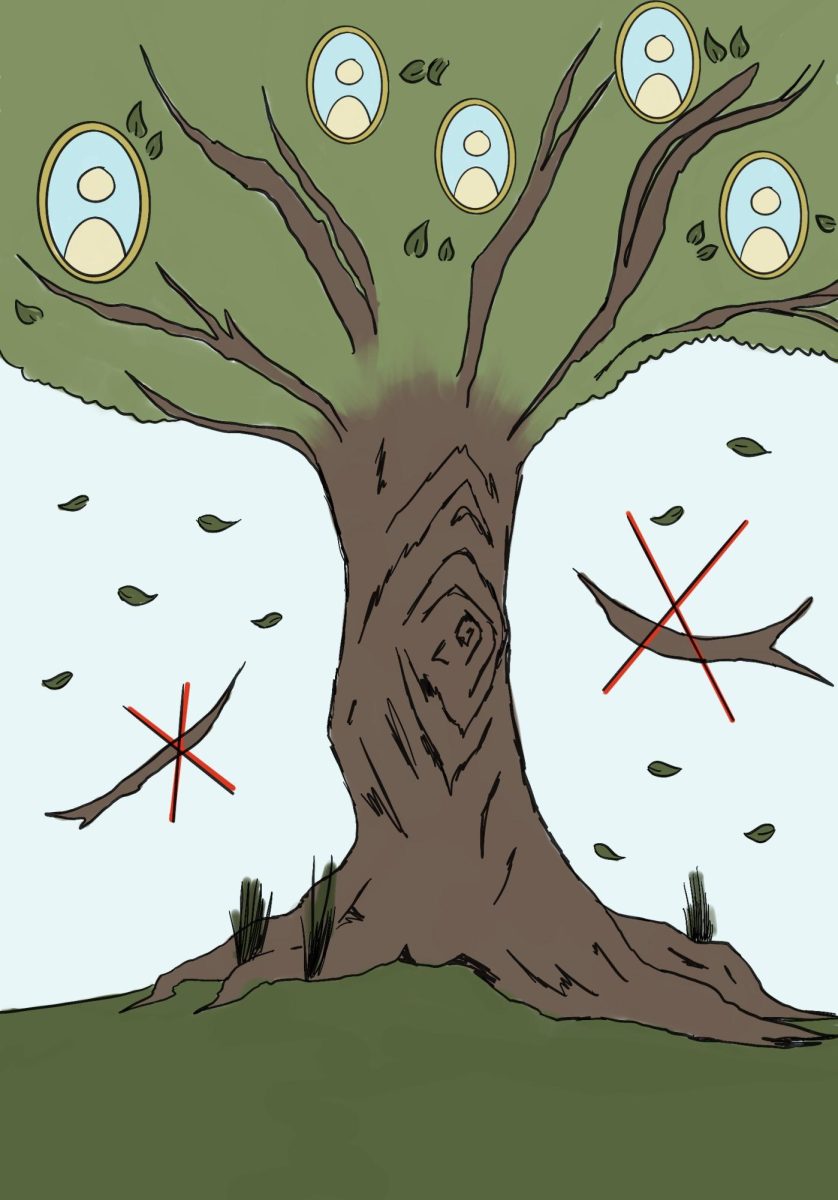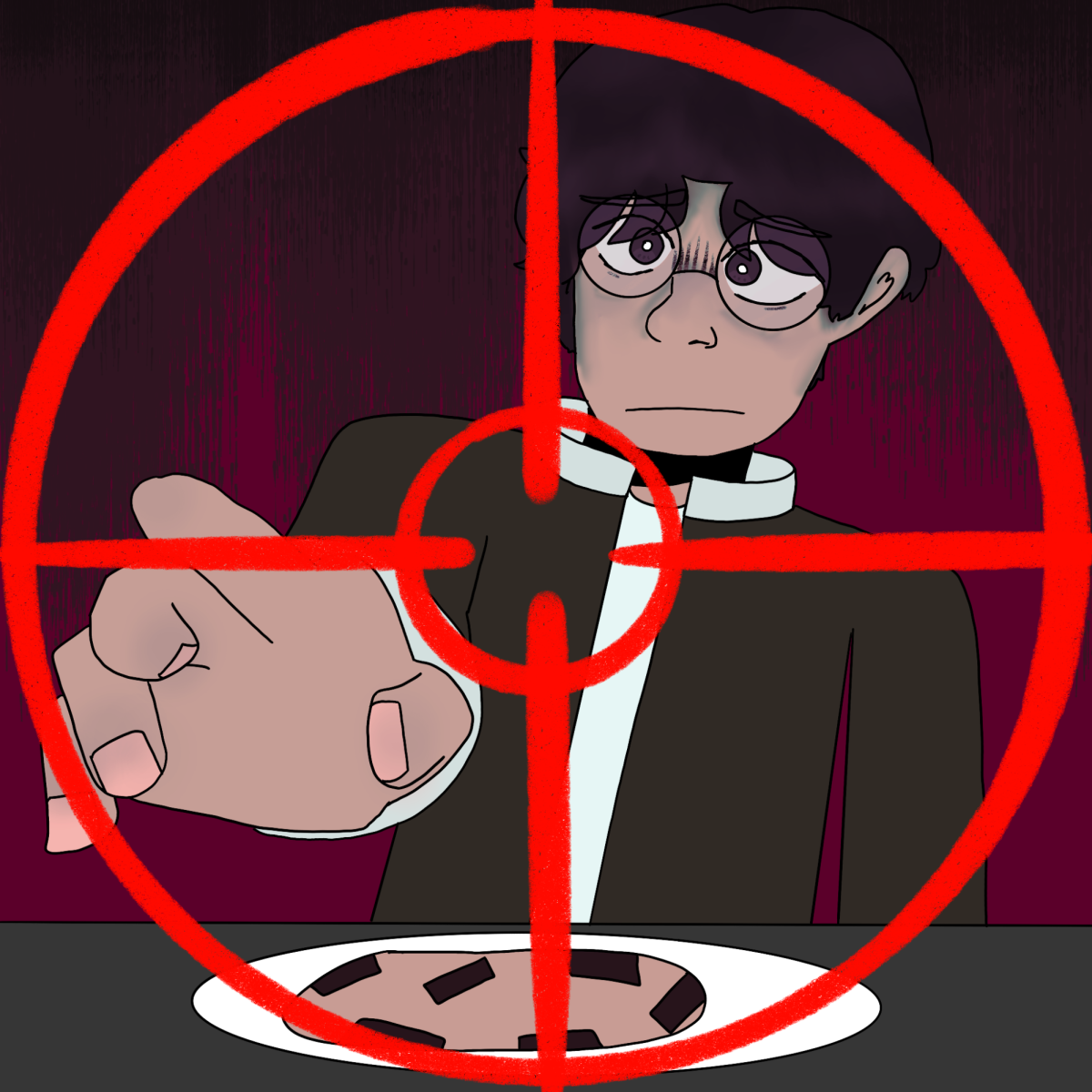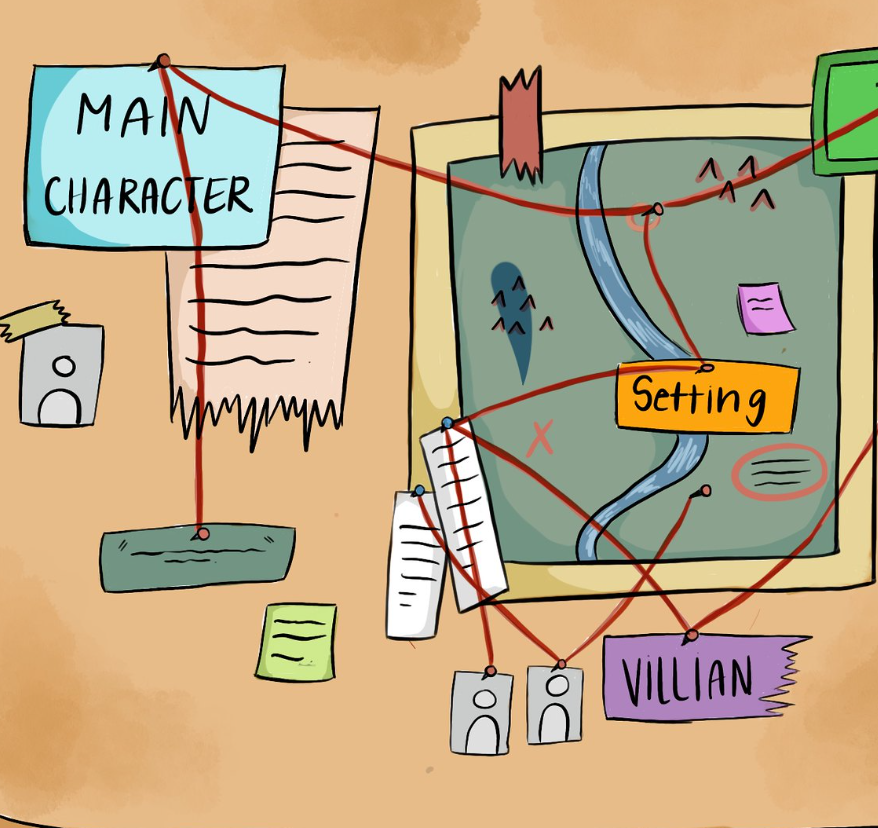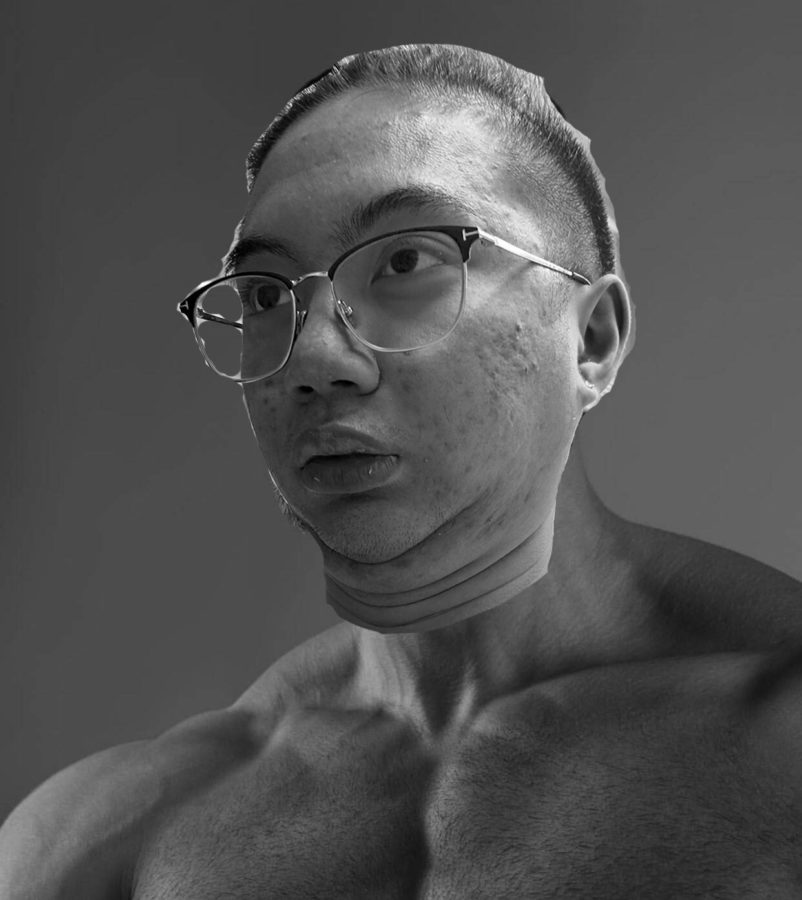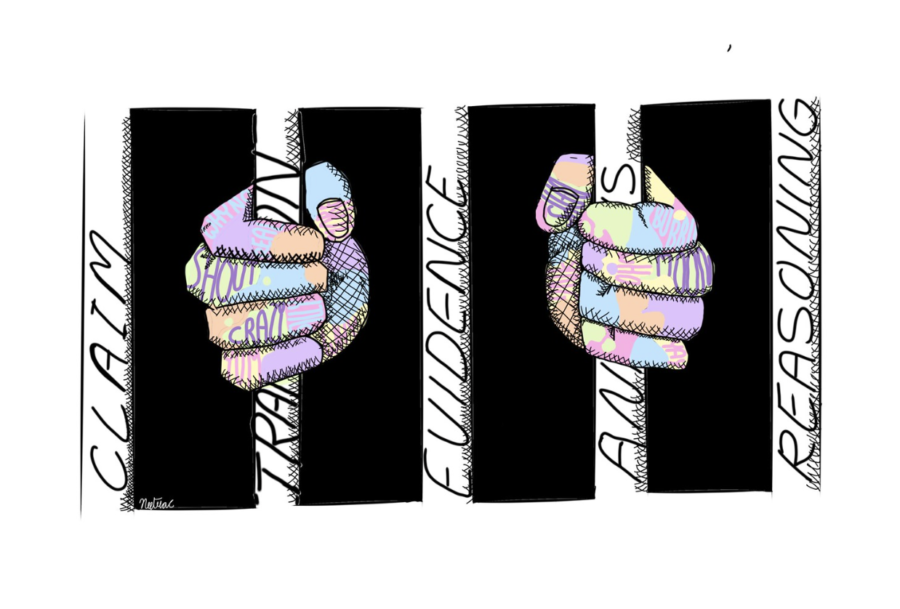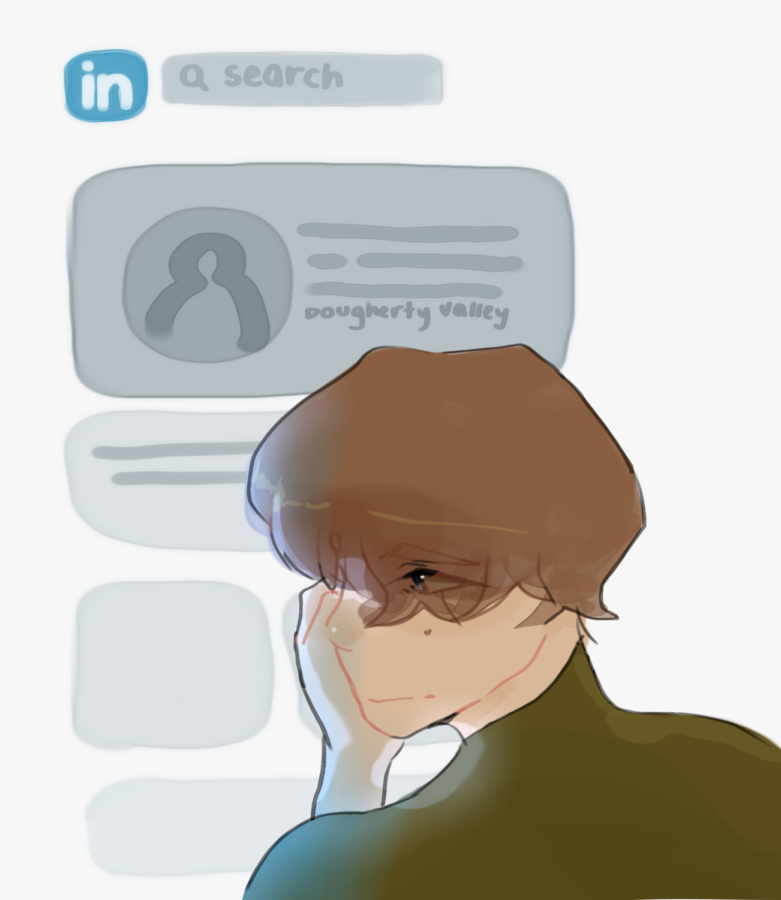“What do you wanna be when you grow up?” the ultimate question that has defined us all from the ripe old age of five years old. Doctors, presidents, lawyers, even extraordinary wizards – all vague pursuits we filled our false realities with. DV students forget that no matter what field we pursue, hard work and determination ultimately determine success, and that drive cannot be acquired by doing something you hate.
The lack of effort we witness in high school classes largely stems from the fact that students are just not interested in the subjects they’re taking. A valid feeling, considering a majority of our course load is decided by state standards and expectations we always feel we’ll fall short of. But once we leave for college, the dream is that we choose our education, and now even that choice has been taken away from students because of fear. Parents project their fear of their kids struggling financially, and force their children down pathways that are more “reliable” with a steady income.
Now I’m not saying that it isn’t a fact that some career choices are more lucrative than others, but the idea that your interests are related to one career path and cannot be applied to anything else is simply false. For example, if a student enjoys art, their career options do not consist only of becoming a struggling artist who doesn’t know when their next payday will be. Art can be applied to media, graphic design, marketing, and many other fields. Students at Dougherty have built this wall between hobbies and work, but there can be an overlap.
DV academic counselors preach about how students shouldn’t load themselves with weighted courses that they’re uninterested in simply to get into a good college, but they fail to address the root of the problem. Students are taking courses they find uninteresting because they don’t think their genuine interests will get them far in terms of a career. It is very easy to tell people to do what they love, but you can’t blame students for not wanting to give up something as essential as financial stability.
At the moment, students aren’t given adequate college and career information, keeping them closed off from very plausible pathways that will genuinely pique their interest. If counselors truly want students to start taking classes they actually like, they should be educating their students on how there can be crossover between what a student enjoys and what they pursue for a career.
In a constantly evolving world, the types of jobs available are always shifting. We see industries pursuing things we never would have thought of 10 years ago. Students need to be made aware of this. DV students are trapped in this bubble where the outside world is stagnant and the only high-paying jobs belong to software engineers and physicians.
It’s time for counselors to meet their students halfway. Go deeper than just parental pressure. What is the driving force behind it? Financial stability. Okay, so now it comes down to providing students with the resources to understand what opportunities and career paths are available to them. Host assemblies guiding students to resources where they can learn more about these pathways, the different types of majors and be more aware of just how many options they actually have. Let’s spend less time deterring students away from rigorous courses that they’ll hate, and more time pushing them towards pathways that they’ll love.

